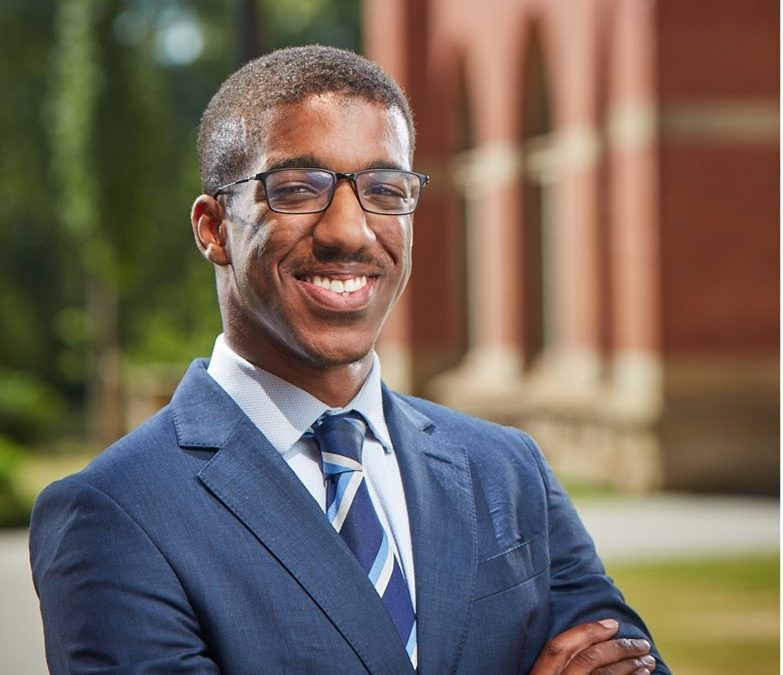Daniel Stone gave a fascinating talk in which he outlined his personal life journey leading up to and following studying his undergraduate degree at Oxford University. Daniel is from Jamaican heritage and his grandparents came to the UK as part of the Windrush generation- in order to help the UK to rebuild in the aftermath of World War Two.
An issue that has existed for many generations and is still a problem today is the limited expectations on black people. In order to combat this, Daniel mentioned that one must have a strong desire to succeed and to face the inevitable challenges. If you are then successful, there comes a pressure with the feeling of representing your race.
Daniel went on to study Economics and Management at St Peter’s College Oxford, where he described having to adjust to a different set of traditions and cultural norms, in addition to the vast workload. Whilst there, he got involved with the African and Caribbean society which helped Daniel to build a sense of community and connection with those from a similar background to himself. Daniel also got involved in a scheme called Target Schools as well as the 100 voices campaign which produced a report capturing the experiences of BAME students at Oxford University where a senior staff member commented that ‘there was no racism in Oxford’.
Since graduating from Oxford, Daniel has worked with diversity recruitment experts Rare recruitment. Although, as Daniel outlined that this helps recent graduates to progress, he points out that this process of helping those from disadvantaged backgrounds should begin earlier to create opportunities and increase aspirations. Daniel reflected on the fact that the more senior the level in any sector, the more white it gets. Data around school and background was important in placing students and with most job applications, there is nothing that takes into account any differences in upbringing when looking at an applicant’s credentials.
Discussing the Black Lives Matter movement Daniel expressed how the distressing events visible in media coverage are not new to black people and believes that HE leadership has been slow to acknowledge the traumatic impact that such events have on BAME staff and students.
Daniel had three key recommendations for HEI’s to bring about positive change in societies and communities. HEI’s should create learners who are critical and open to taking on-board a range of different influences in a diverse society.
-Diversity in Leadership- the organisation needs to represent the community in which they are based.
-Diversity in Recruitment- how do we build cohorts that are more reflective of the society we live in? We need to review why diversity matters.
-Diversity of thought- people around the table may be from different backgrounds but diversity in thoughts and experiences are as important.
Daniel’s book After Oxford – Getting in. Fitting in? Standing out is available here.
By Angellique Woolery and Ben Joseph

